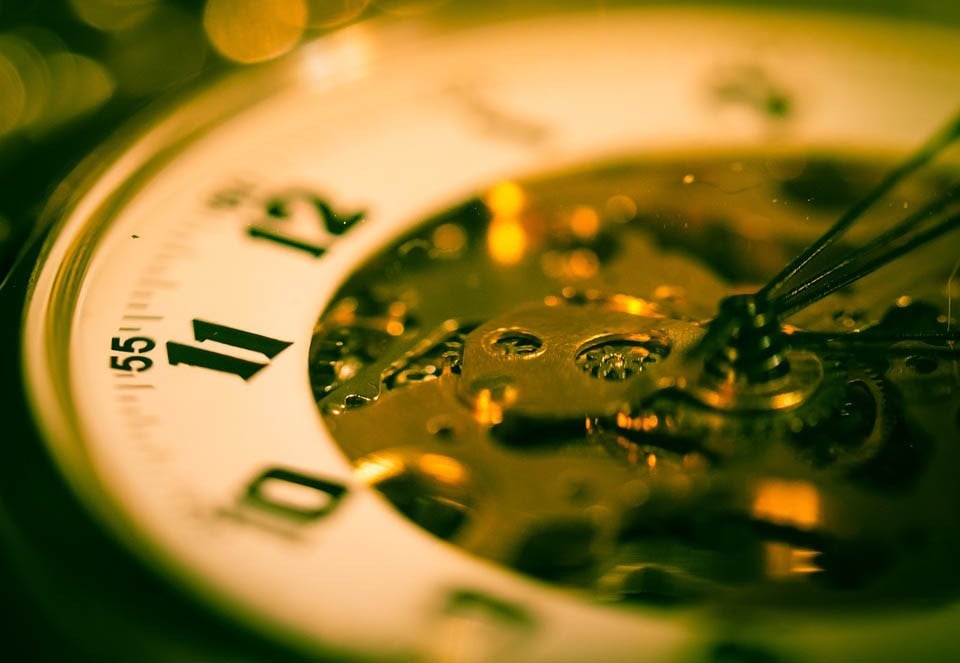
Nostalgia gives one’s life a sense of meaning -- the past happened and it mattered

As a complex aspect of human existence and evoking conflicting emotions from happiness to disappointment and melancholia, nostalgia has helped create art and literature that resonates with a wide audience, irrespective of whether or not they attach any importance to it.
Nostalgia is a longing to return to the lost places of the past. It is potent enough to qualify even as an act of rebellion against the ideas of time, death and decay. But, it need not necessarily come out of the realisation that a particular period in one’s life qualifies in its entirety as a happy one.
In fact, on deeper reflection, the times we may often be nostalgic for might quite possibly be just mediocre. Our tendency to overemphasise or underemphasise certain aspects of our experiences in the end colours all trips down the memory lane.
Think harder and we are more likely to come to the realisation that going forward, we have managed to grow, learn, and evolve.
Imagine if our nostalgias were truly entertained, our longing to go back truly humoured? Imagine having to live through the same ‘golden days’ again and again and again in endless repetition.
But, over the years, as the inventory of memories grows, a certain kind of homesickness starts to develop spreading its tentacles and tightening its grip all the while. Eventually, we find it emerging in the shape of abstract questions that do not necessarily signify the loss of something tangible.
Read also: Recurrence of forms past
Can one be nostalgic for something as small as being the youngest person in the room? And if so, what does that signify? It does not mean that one wants to go through the ordeal of growing up once again -- teenage angst, acne, and bad fashion choices among other things. It means that one values a time when nothing was certain and all things were possible -- the future was both vague and full of promise.
It is often said that nostalgia is a futile emotion -- that it serves no practical purpose -- but that is not entirely true. Nostalgia, on a personal level, helps shape one’s identity and it gives us a safe passage into the past if and when we begin to lose our sense of the self. And the past, in a way, will always be a home allowing us to recuperate and helping us deal with the present.
Nostalgia also goes on to give one’s life a sense of meaning -- the past happened and it was significant, it mattered and there were some moments worthy of remembering.
However, on a collective level, we have become a generation that has become obsessed with the idea of nostalgia. Perhaps, this is because we live in times when the world is evolving at a faster pace and our minds are finding it hard to catch up; and we draw comfort from the past where things were always simpler.
It may also have a lot to do with the fact that the world is becoming increasingly interconnected and news travels a lot faster across boundaries, putting us face-to-face with unspeakable horrors like humanitarian crises convincing us that the future of humanity may, in fact, be irredeemable. To protect our sanity, we find ourselves retiring to moments that look rosier in retrospect.
Even if it serves as an escape at times and hints at our cynicism with respect to the likely future, the experience of nostalgia cannot totally be written off as negative. It can also be looked at as an appreciation of the authenticity of a past experience.
Much of Woody Allen’s filmography, as an example, deals with the same conflict -- the idea of life being intrinsically ‘meaningless’ and his ‘meaningful’ memories that are the subject of his work and touch audiences on a deeper level. It is not just possible to live with this contrast, but it is in fact necessary to have a grounded view of reality. The moments and memories at the end of it are what keep us anchored.
"Nostalgia may be denial of the painful present" as Allen emphasises in one of his films, Midnight in Paris but it is impossible to live in denial of nostalgia.